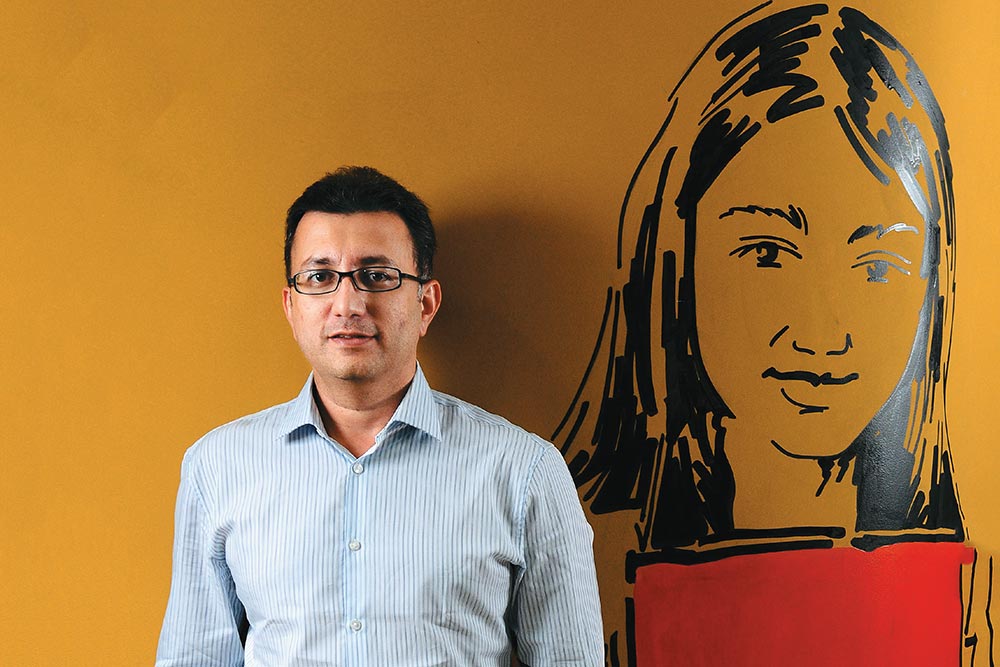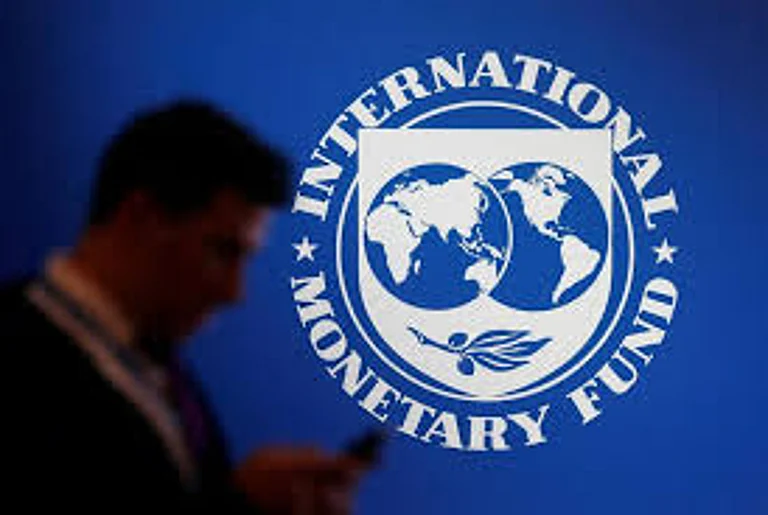It’s past 10 in the night and Manipal is buzzing. The university town, an hour and a half from Mangalore, is alive with parota joints full of students. There are no tables to be found at KFC, Pizza Hut or Domino’s, which serve fast-food staples favoured by students. The queue at Baskin Robbins seems a mile long. Students, many of them foreign, chat and laugh after spending their day at one of Manipal University’s (MU) many courses ranging from medicine, engineering and management to architecture, communications and jewellery design. Part of the Manipal Education and Medical Group (MEMG), MU has grown from one medical college in 1953
to offer more than 24 streams of studies. MU has developed a reputation for difficult cut-offs, transparency and quality in education despite being privately held. “I paid nothing more than the fee printed on the brochure,” says a young first-year student of the medical college. That’s almost Rs.6.5 lakh per year and Rs.3.2 lakh in the fifthyear, adding up to over Rs.29 lakh for an MBBS degree. The Rs.2,600-crore group does not make any money from running its university, at least not directly, even though, when last counted, approximately 26,000 students were studying at its 600-acre campus, in this once-sleepy corner of Dakshin Kannada.
Today, the bulk of the group’s revenues, about Rs.1,100 crore, comes from its for-profit activities, which were centralised under the Manipal Global Education Services (MaGE) banner in 2006, when IDFC Private Equity and Capital Group invested Rs.300 crore. Manipal University and Sikkim Manipal University (SMU), the distance learning university arm of the group, are now part of the not-for-profit entity, which accounts for Rs.800 crore of group revenue. The healthcare portfolio, comprising Manipal Hospital in Bengaluru plus five tertiary care, nine secondary care and three primary care clinics across five states, and the clinical research firm, Ercon Acunova, fetches another Rs.700 crore.
In the case of MaGE, over 50% of its revenues come from foreign campuses in Nepal, Dubai, Antigua and Malaysia and the balance from India. In India, the for-profit entity makes revenues by offering programmes like executive MBA; and by charging fee for services like IT management, content digitisation, network management as well as marketing for SMU and other universities too. MaGE also acquired over 40% stake in MeriTrac in 2007, which claims to be India’s largest testing and assessment enterprise for education institutions, corporates and PSUs, for Rs.30 crore. Steering the ship at MaGE is the group’s 41-year-old MD and CEO, Ranjan Pai.
Old wine, new bottle
The group’s tryst with destiny began when its founder, TMA Pai, purchased 107 acres of land in barren Manipal in 1933. A philanthropist at heart, he started tile-making and weaving ventures to provide sustainable employment to locals in the area, besides establishing elementary and high schools and the Mahatma Gandhi Memorial College of Arts in Udupi.
In 1953, he established MU’s flagship Kasturba Gandhi Memorial Medical College, the first self-financing medical college in India. A college of engineering came four years later. After his death, his son Ramdas and nephew Ramesh took over. MU was granted the deemed university status in 1993. But shortly after, a family dispute followed and the assets were split — Ramesh got Kurlon Mattresses and Canara Steel, while Ranjan’s father took over the education business.
Many long-standing Manipal Group employees credit Ranjan with the massive expansion in the group’s activities in the last few years. “Ranjan’s style of working is very aggressive,” says HS Ballal, pro chancellor, Manipal University. Ranjan’s management style, too, has won him praise. “Unlike other family-run enterprises, he believes in empowering his managers, which has worked well for the business,” points out Raja Parthasarathy, managing director, IDFC PE.
The group’s for-profit activities began with the campus in Nepal, where it started a college in collaboration with the Nepal government in 1994. The invitation from the Malaysian government came in 1997, after Indian laws capped the number of foreign students allowed at its medical colleges at 15%. Now, a fifth of all Malaysian doctors are Manipal alumni.
By 2004, PEs seemed interested in the business. “MaGE has a fine blend of businesses that are generating sufficient cash flows and new initiatives that are still in the investment stage,” says Parthasarathy of IDFC, which, along with Capital Group, has invested Rs.700 crore in the group till date.
Going global
Now, MaGE wants to expand its footprint across the world at breakneck speed. In 2008, it took over the American University of Antigua (AUA) to cater to the demand for medical seats in the US (which has around 17,000 seats). AUA’s alumni can practise medicine in Canada, the US and Antigua. Besides, medical education is expensive in the US — $28,685 in public colleges and $46,899 at private colleges. In comparison, AUA’s two-semester medical programme costs approximately $30,000.
Fanning Ranjan’s hunger for growth has been a steady stream of investors. MaGE’s Dubai campus came up in 2010 following a Rs.200 crore investment each by PremjiInvest (Azim Premji’s personal funds) and Catamaran (NR Narayana Murthy’s personal investment vehicle). Now, Ranjan plans on making the Dubai campus bigger. “It is expected to serve as the hub for UAE,” he says.
The campus is spread over 750,000 sq ft of built-up area and can accommodate over 4,000 students. The group has already spent Rs.150 crore in Dubai till now and plans to spend another Rs.100 crore over the next two to three years. Similarly, MaGE wants to expand its facilities at Malaysia, where it already has a medical school. “We are looking at establishing the Malaysian campus as a leader in online education in the South East Asia, Africa and the Middle East,” adds Ranjan.
Primed for growth
At last count, Manipal’s valuation stood at $900 million with the promoters holding over 75% stake and strategic investors holding the rest. Though the company had plans to go public, it is now contemplating sticking to the PE route. “We would rather take the private equity route if we need more funds,” says Ranjan. Though the group has already notched up Rs.1,000 crore in debt, investors aren’t too worried. “It has a strong cash flow to service the debt,” says Parthasarathy.
While international markets will remain a focus area, MaGE is also strengthening its India business. “We will comfortably grow at 20%,” says Ranjan, whose aim is to rank Manipal among the global 500 universities of the world. “If you are an investor in the education sector with a long-term view, there is no better platform than the Manipal Group to stay invested,” quips Parthasarathy.









 Just one email a week
Just one email a week